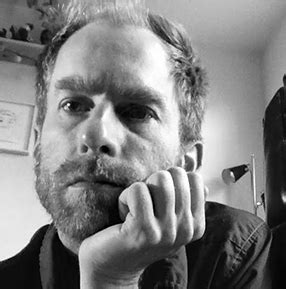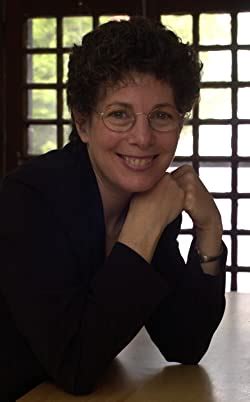A Quote by Kenneth Goldsmith
I wonder if Karl Ove Knausgård would've written the same books today had been using Twitter. It wasn't around when he was writing those books. Those books were written during the age of the blog, with its big verbiage. The landscape has completely changed today.
Related Quotes
Only idiots or snobs ever really thought less of 'genre books' of course. There are stupid books and there are smart books. There are well-written books and badly written books. There are fun books and boring books. All of these distinctions are vastly more important than the distinction between the literary and the non-literary.
I write about the period 1933-42, and I read books written during those years: books by foreign correspondents of the time, histories of the time written contemporaneously or just afterwards, autobiographies and biographies of people who were there, present-day histories of the period, and novels written during those times.
There's been resistance to every new technology that's ever been introduced. When books came out hundreds of years ago, there were complaints that it would destroy the oral tradition. Some of those fears were justified, but it didn't stop the rise of the written word. And books have proven to be incredibly useful.
I have earned wages as a waitress, a nanny, a librarian, a personnel officer, an agricultural laborer, an advertising secretary, a typesetter, a proofreader, a mental-health-care provider, a substitute teacher, and a book reviewer. In and around the edges of all those jobs I have written poems, stories, and books, books, books.
Writing books isn't a drastic departure from writing for the stage. I've always written in the long format, five, eight, 10-minute pieces rather than one-liners, so since writing books, the process hasn't changed much. A piece in my live routine can end up as part of one of my HBO specials, and it can also end up in one of the books.
I grew up in a small town with a very small library. But the books in the library opened a large place in my heart. It is the place where stories live. And those stories have been informing my days, comforting my nights, and extending possibilities ever since. If that library had not been there, if the books - such as they were - had not been free, my world would be poor, even today.
We are in the position of a little child entering a huge library, whose walls are covered to the ceiling with books in many different languages. The child knows that someone must have written those books. It does not know who or how. It does not understand the the languages in which they are written. The child notes a definite plan in the arrangement of the books, a mysterious order, which it does not comprehend but only dimly suspects.







































